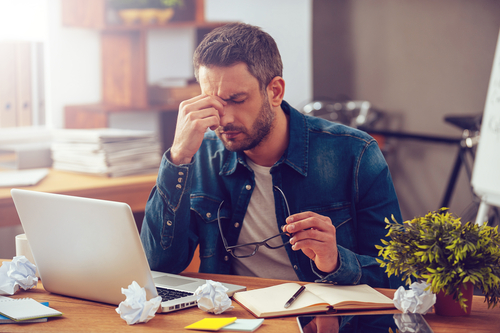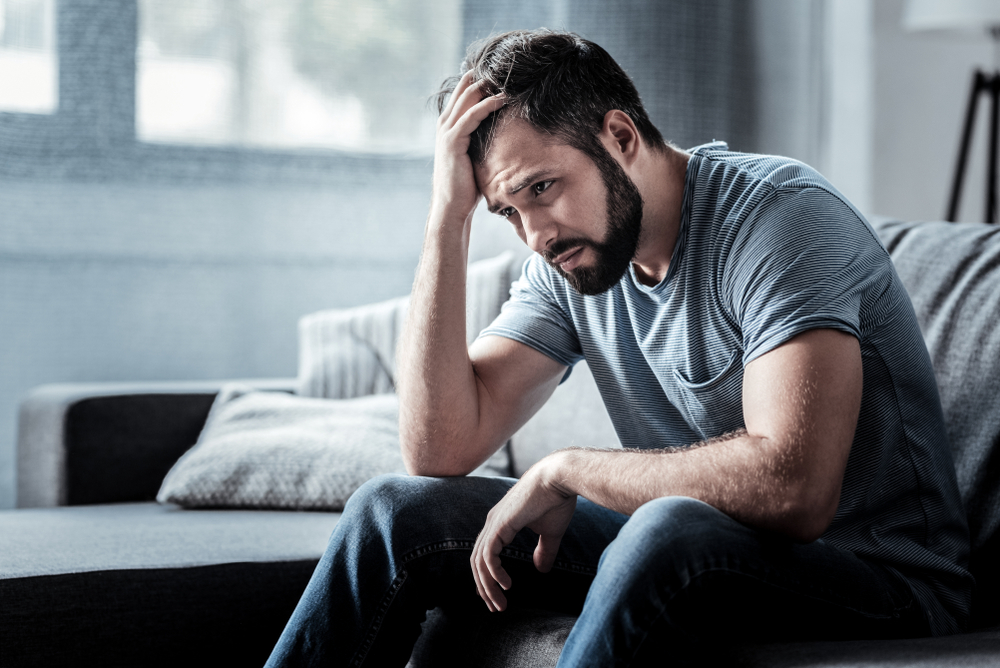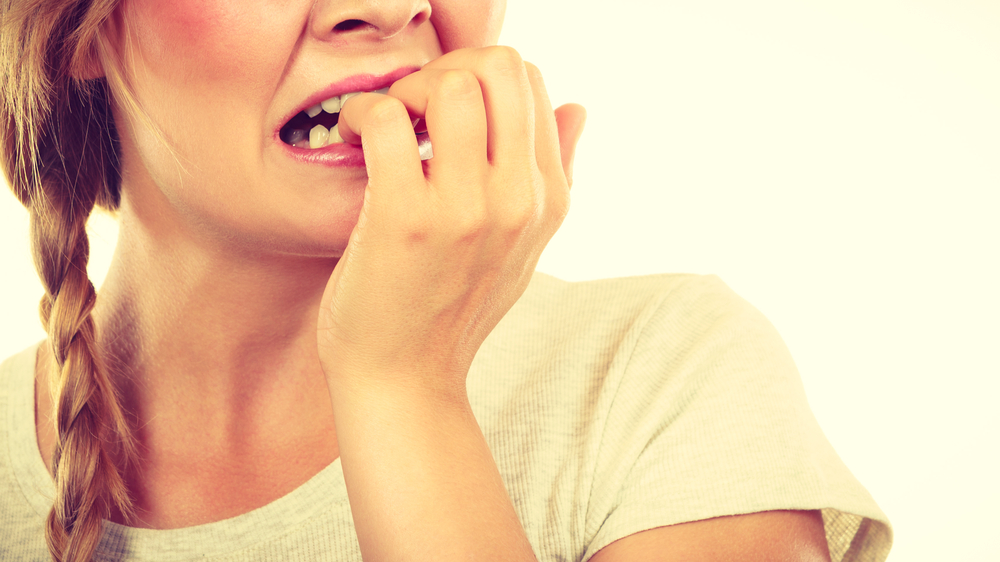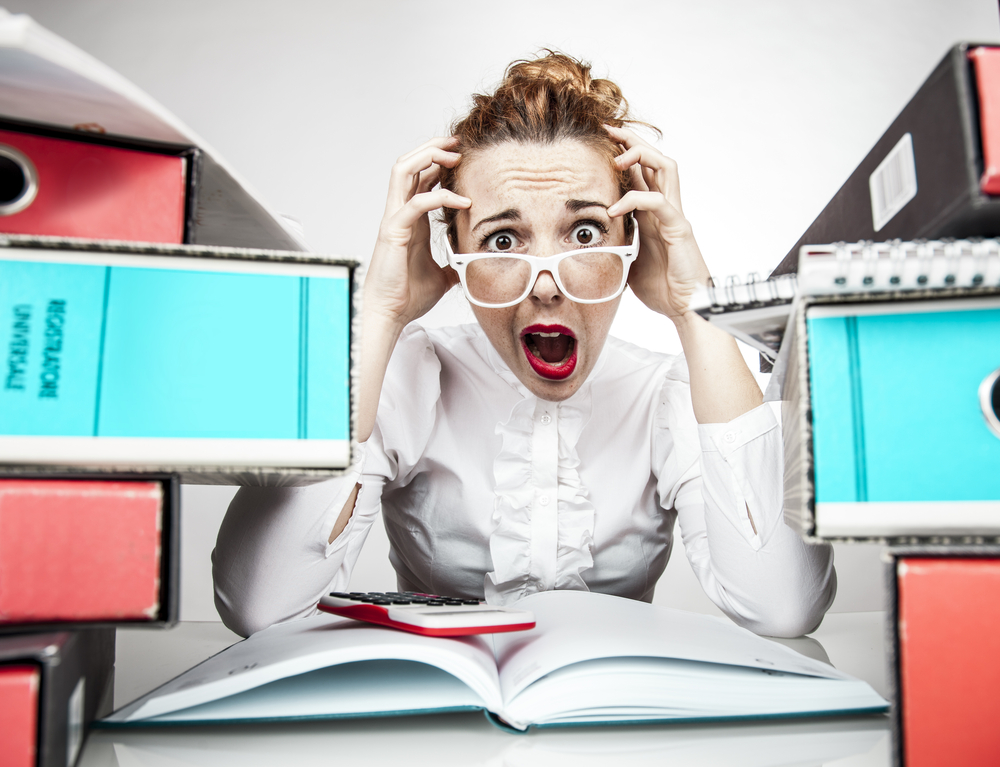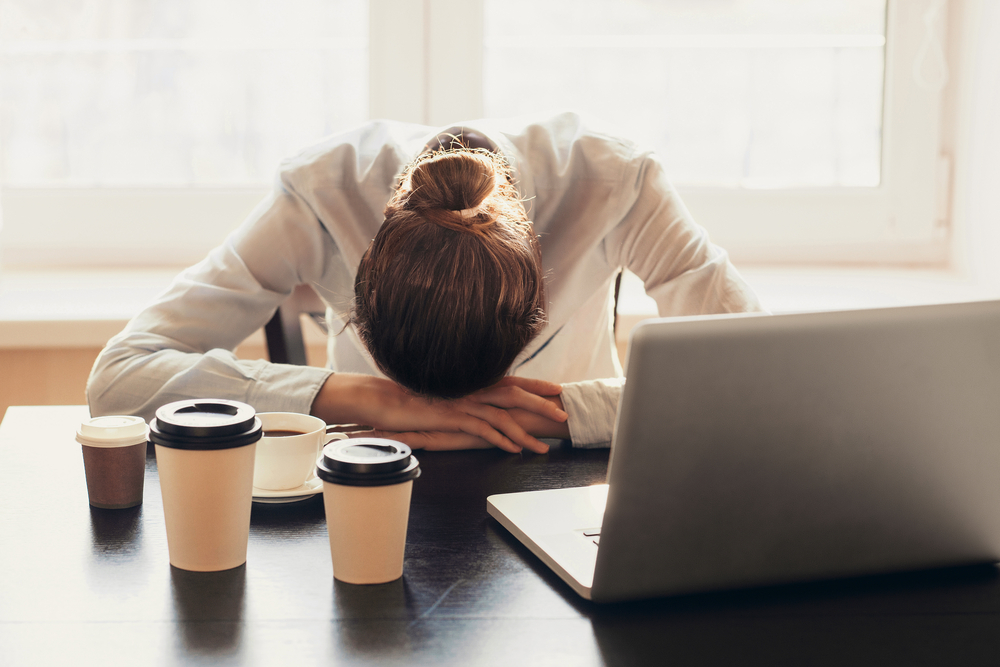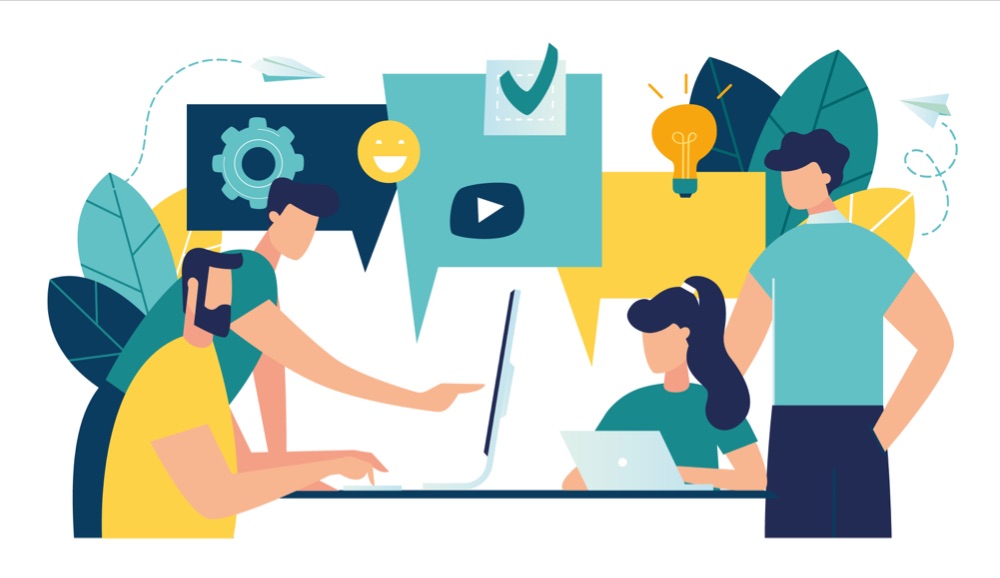Mental
- Difficulty concentrating, remembering things and making decisions
- Ruminating on negative thoughts, memories or events often from the past
- Having suicidal thoughts or thoughts of self-harm
- Blaming and self-critical thoughts
- Low self-confidence and self-esteem

